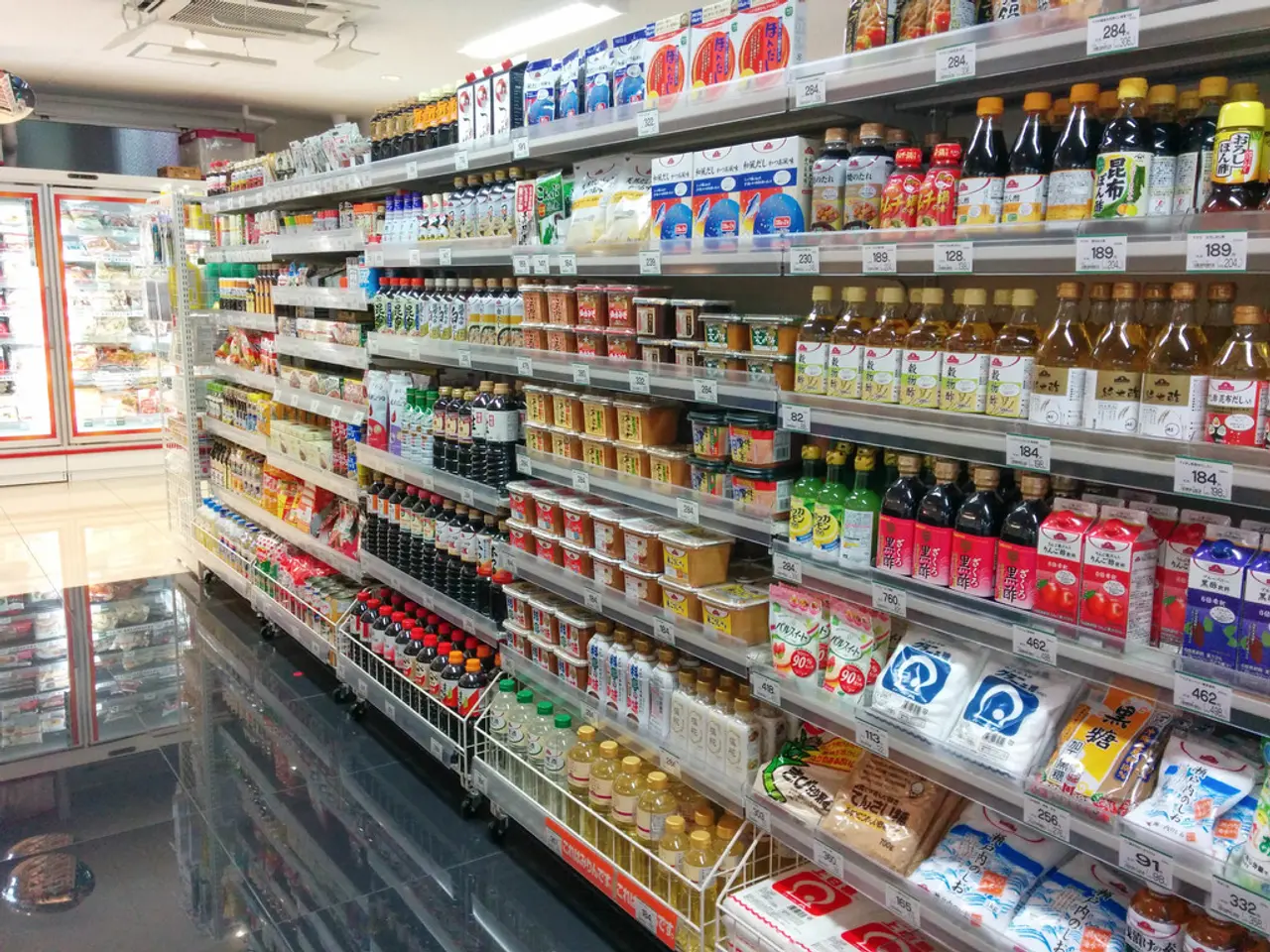Preparedness of Supermarkets for the Upcoming IT Evolution?
In the rapidly evolving retail landscape, UK supermarkets are stepping up their game to meet the demands of omnichannel shopping and compete with online giants like Amazon. This shift towards technology integration is not just a temporary trend, but a constant evolution that requires careful planning and due diligence.
Cindy Truyens, from SQS, advises CIOs to prioritise a comprehensive understanding of the bigger picture and implement changes appropriately to avoid relying on overly complex systems. The success of new technology applications or upgrades is crucial for retailers, as any breaks in the purchasing chain can lead to immediate criticism on social media.
Supermarkets have significantly upgraded their technology infrastructure to meet the challenges of omnichannel shopping. Walmart, for instance, has automated over 50% of its fulfillment center operations using robotics, reducing labor costs and speeding up order fulfillment. Other key adaptations include the use of Vendor Managed Inventory (VMI) systems, shifts in inventory models, AI-driven pricing and analytics, and the integration of omnichannel retail systems.
Costco leverages AI within a curated warehouse model, using a closed-loop data system for precise inventory and member management. Kroger, on the other hand, focuses on deploying new technology to improve fulfillment density and enhance their retail media platform to boost e-commerce profitability. Retailers are also adopting smart carts, electronic shelf labels (ESLs), and AI tools to create seamless shopping experiences in both physical stores and online channels.
However, the struggle of a retailer's website during Black Friday can result in long virtual queues for customers, putting pressure on existing systems. Legacy IT systems may not be able to meet the demands of today or adapt to those of tomorrow, and their future can either involve retirement due to outdated functionality or integration into the overall strategy.
Middleware is being used as an alternative to replacing legacy systems, but can lead to cracks due to prioritizing speed to market over due diligence and testing. Senior management should collaborate closely with the IT team to instill confidence in the change and deliver a glitch-free solution.
The future of the supermarket industry is expected to be dominated by online sales, leading retailers to focus more on fulfilling online orders and less on the high street. The online grocery market is predicted to be worth £17bn by 2019, with Amazon's entry into the European grocery market having a significant impact.
Supermarket giant Morrisons has admitted being held back by its "antiquated" IT infrastructure, while Tesco has announced plans to migrate to a single global network for faster technology implementation. If legacy systems are part of the future strategy, they are at risk of obsolescence and must be replaced with appropriate due diligence to avoid damaging supplier and customer relationships.
In conclusion, the future of supermarkets lies in their ability to adapt to the fast pace of technology change, create a unified shopping experience, optimise supply chains, and inch closer to Amazon’s standards of speed, convenience, and personalized service.
Technology integration in the finance sector is essential for retailers to maintain competitiveness, as it allows for AI-driven pricing and analytics to optimize supply chains.
CIOs must prioritize due diligence when implementing new technology, ensuring a seamless shopping experience by avoiding overly complex systems that could lead to breaks in the purchasing chain and potential social media criticism.




